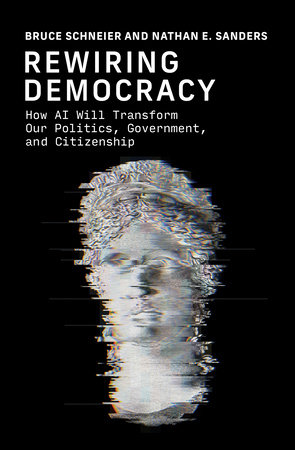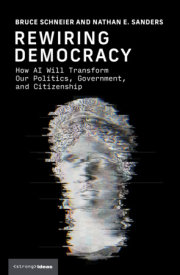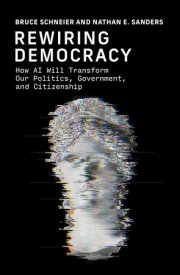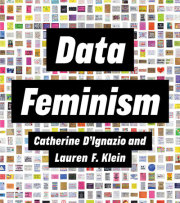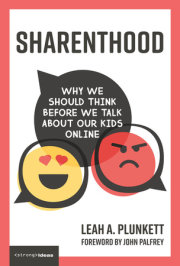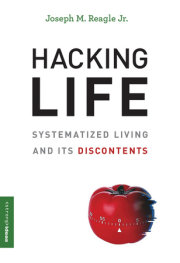Preface
Introduction
1. Core AI Capabilities
2. Democracy as an Information System
Part I: AI-Assisted Politics
3. Background: Making Mistakes
4. Talking to Voters
5. Conducting Polls
6. Organizing a Political Campaign
7. Fundraising for Politics
8. Being a Politician
Part II: AI-Assisted Legislators
9. Background: Explaining Itself
10. Background: Who’s to Blame?
11. Listening to Constituents
12. Writing Laws
13. Writing More Complex Laws
14. Writing Laws that Empower Machines
15. Negotiating Legislation
Part III: The AI-Assisted Administration
16. Background: Exhibiting Values and Bias
17. Background: Augmenting Versus Replacing People
18. Serving People
19. Operating Government
20. Enforcing Regulations
Part IV: The AI-Assisted Court
21. Background: Being Fair
22. Background: Getting Hacked
23. Acting as a Lawyer
24. Arbitrating Disputes
25. Enforcing the Law
26. Reshaping Legislative Intent
27. Being a Judge
Part V: AI-Assisted Citizens
28. Background: AI and Power
29. Background: AI and Trust
30. Explaining the News
31. Watching the Government
32. Moderating, Facilitating, and Building Consensus
33. Acting as Your Personal Advocate
34. Acting as Your Personal Political Proxy
Part VI: Ensuring That AI Benefits Democracy
35. Why AI is Not Yet Good for Democracy
36. How to Ensure AI is Good for Democracy
37. What We Need to Do Now
38. Conclusion

